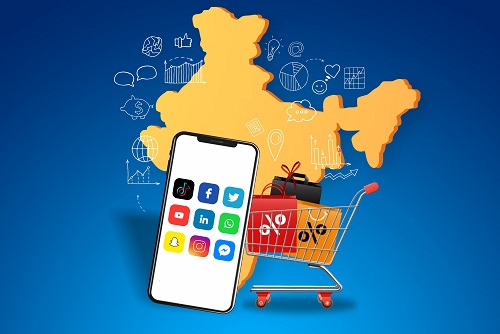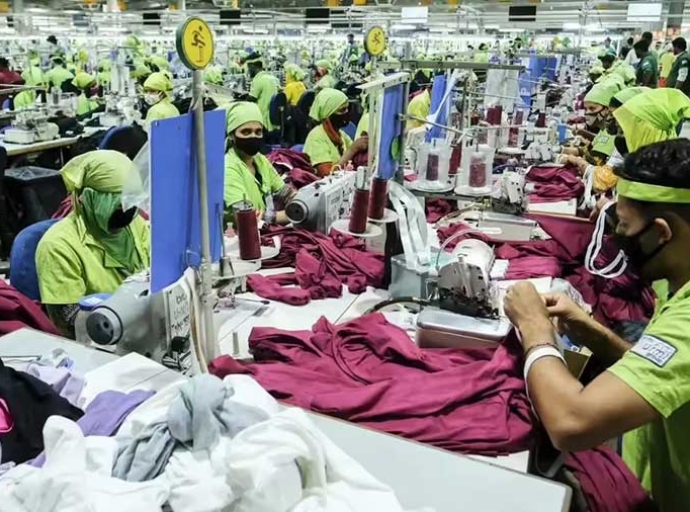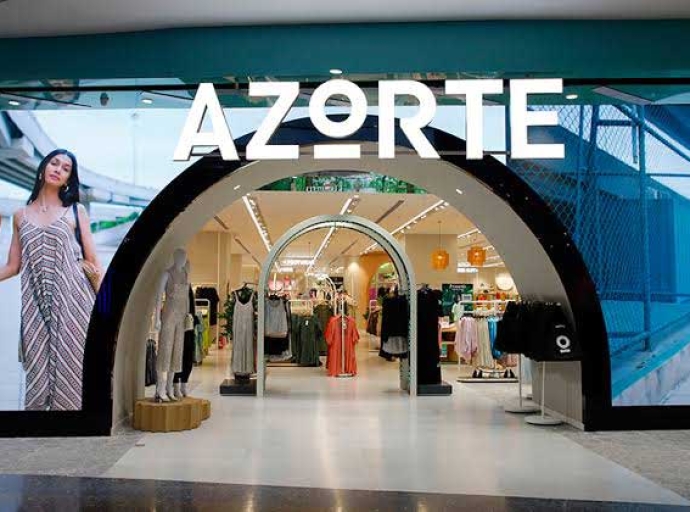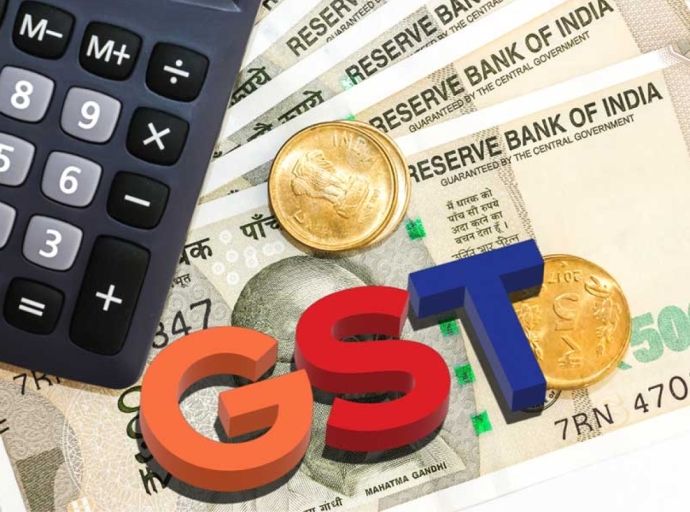Providing much needed boost to the Indian e-commerce industry, COVID-19 has accelerated the use of technology amongst fashion companies. As an Economic Times reports suggest, companies are adopting new business models to offer customized and interactive shopping experience to customers. One such emerging business model is social commerce which combines the benefits of social media and e-commerce.
A recent survey by PayPal social commerce is projected to become a $100 billion vertical e-commerce by 2025. Growth is being mainly being driven by the use of videos on social media platforms such as Instagram and Snapchat. Regional social networking platforms such as ShareChat and Roposo are also stimulating growth by offering content in vernacular languages. In the last few months, there has been a spurt in homegrown social commerce startups. Big e-commerce players like Flipkart are entering the social commerce space to target consumers in Tier II and Tier III Indian cities.
Indian social commerce market is largely driven by consumers and sellers from smaller cities. Most customers of social commerce players such as Meesho, Shop 101, Bulbul are based in Tier II and III cities. Another factor driving Indian social commerce is the increasing number direct-to-consumer brands. As per a Unicommerce trends report, the number of brands developing their own websites has grown 65 per cent in 2020. Smaller retailers are also marketing their products on social media platforms such as Facebook, WhatsApp, Instagram, etc.
WhatsApp, AI tops business users in India
A large number of businesses are using messaging apps such as WhatsApp to conduct their business. It is one of the most lucrative platforms for small and medium sellers in India. Around one million sellers use WhatsApp in India for conducting their businesses. Companies are building WhatsApp chatbots for retailers to help them manage a large number of orders.
Artificial Intelligence (AI) has also become a major growth avenue for retailers and brands. They are now experimenting with both marketplace and reseller models with the help of AI & automation. Chatbots are being created to help consumers shop directly on WhatsApp. AI tools like simplified product searches, recommendation systems for consumers are helping brands achieve an elevated level of customer satisfaction.
Collaboration with logistic service providers a key growth factor
Inventory management being an important part of the industry, social commerce players need to collaborate with logistic service providers to ensure maximum reach, timely delivery, and low returns. Over the years, these players have been successful in providing a sales platform for small and medium scale sellers by exploring artificial intelligence/machine learning algorithms. AI solutions have also helped these players manage shipments besides providing them with regular delivery updates.
Social commerce also helps smaller sellers become more efficient by providing them with an integrated view of their inventories and orders. The use of this technology is poised to grow with time with social commerce becoming major driver of e-commerce growth in India.
Latest Publications


































